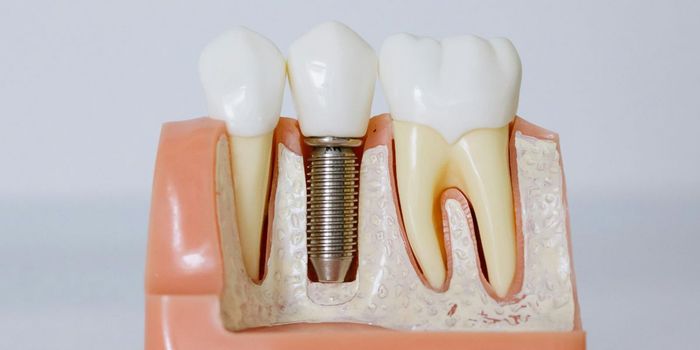Why Your Dreams Get More Intense When You Quit Cannabis
Upon quitting cannabis, many notice their dreams become a lot more vivid and intense. But why?
To answer that question, it is first necessary to understand sleep cycles. Every night, people tend to go through between four and five sleep cycles, each lasting around 90 minutes. Out of these, one phase is known as rapid eye movement sleep (REM) whereas others are known as non-REM sleep. These include N1: when you’re falling asleep, N2: when you transition between sleep states, and N3: the deepest sleep state considered to be the most mentally and physically restorative.
Although it is possible to dream in non-REM sleep cycles, approximately 80% of dreaming happens during REM cycles. Usually the last stage of sleep before waking, if you wake up during it, you remember your dreams. However, if you only wake up after REM has finished, you won’t remember anything. As cannabis is known to suppress REM sleep, while smoking the substance, people tend not to have nor then remember their dreams. This then leads to dreams being more intense after someone stops using cannabis in what is known as the ‘rebound effect’.
"If you've been taking a drug that suppresses a certain phenomenon for a while, then that phenomenon will come back stronger when you stop using that drug. That's what we call 'the rebound effect' – which is also noticeable in people who take a lot of sleeping pills. If they stop taking those, they often get very strange and intense dreams. That is also often the reason why people keep taking those sleeping pills – they become dependent on them, which is to say, addicted."
Essentially, after you quit cannabis, the body attempts to catch up on all the dreaming you are missing while on the substance. A temporary phenomenon, it usually dissipates after two or three weeks as the body rehabituates to REM sleep cycles.
Sources: Vice, Leafly, LabRoots









